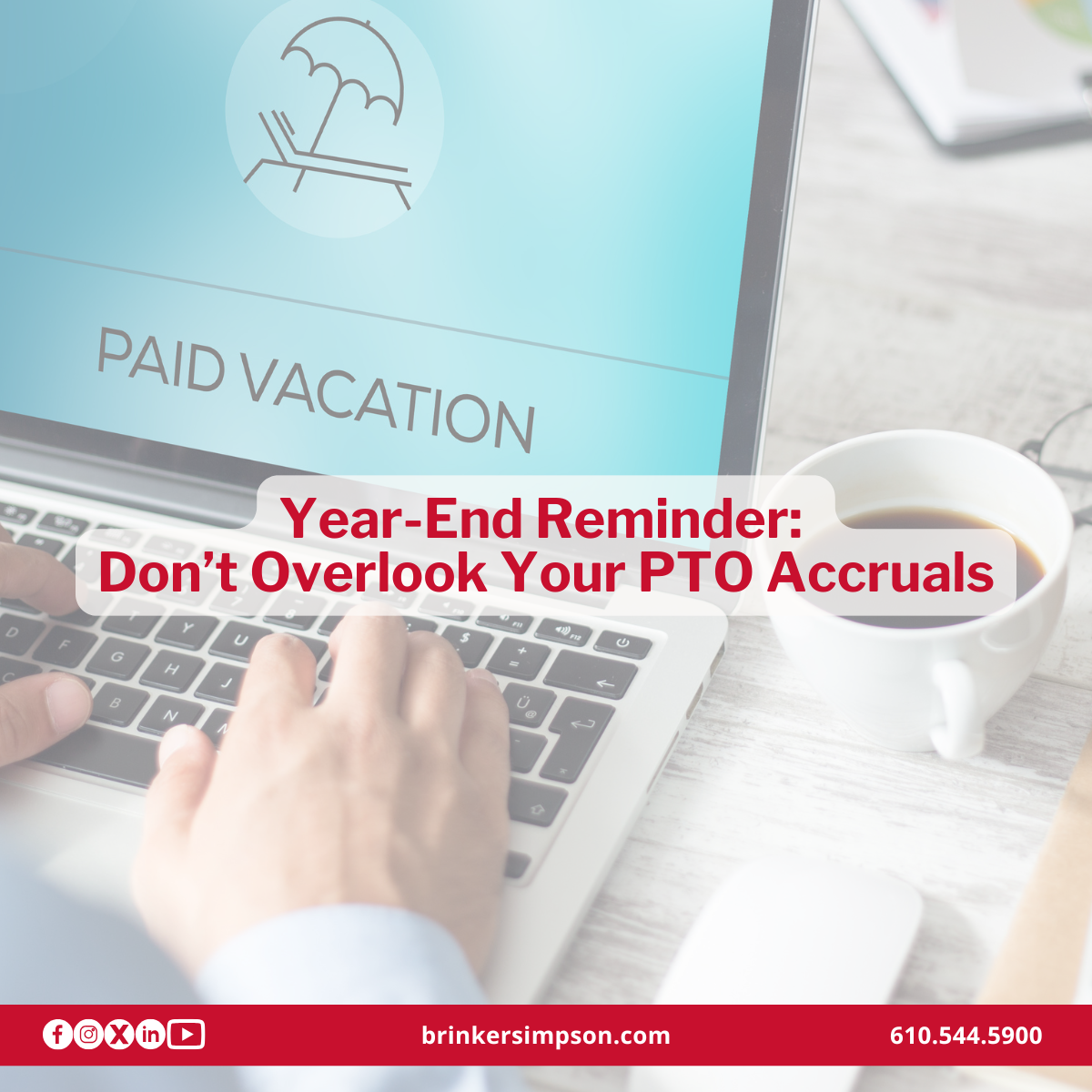When banks detect suspicious activity in a customer’s account, they often call account holders to discuss the transactions. Time is of the essence when it comes to preventing fraud, especially in the case of wire and automated clearing house transactions.
In most cases, if a caller claims to work for the fraud department of your or your business’s bank, the call is likely legitimate. However, in a currently active scam, criminals pretend to be bank fraud investigators and try to extract account information from consumers or employees.
Here’s how to identify criminals and prevent account breaches:
1. Don’t trust caller ID. A fraudster might “spoof” or fake a phone number, which means your caller ID could display a bank’s fraud department name and number. Even if caller ID information matches or closely resembles that of your bank, rely on additional data to verify the call’s legitimacy.
2. Ignore automated calls. Although banks sometimes use auto-dialers to reach potential victims of fraud, so do many criminal gangs. If you answer an automated call from a fraud perpetrator and respond to the voice prompt, your phone may be marked as “in use.” This increases the likelihood you or your company will receive additional calls from criminals.
3. Listen carefully to the caller. To instill a sense of urgency, a fraudster might speak quickly and stress the importance of providing information immediately to stop a “loss” from occurring. Ask the caller to repeat anything you don’t fully understand. If you’re suspicious and the caller continues to push for information, hang up.
4. Don’t disclose sensitive data. Banks typically don’t ask account holders to disclose sensitive data such as employer identification numbers (EINs) or Social Security numbers (SSNs) by phone. If they do, most banks ask only for partial numbers — such as the last four digits. Furthermore, real bank fraud investigators should never ask for your account password or for you to share a one-time password sent to your email address or mobile phone.
5. Call your bank. If someone attempts to commit fraud on your account via phone, email or other methods, call your bank’s fraud department. The bank can confirm whether it placed calls to your number and, if necessary, freeze or attach warnings to your account.
Stay on guard
A call from a bank’s fraud department can catch people off guard. However, it’s important to exercise skepticism and proceed with caution. Verify the identity of the caller by calling your bank’s main number and speaking to a fraud investigator there before divulging any information.
© 2022



